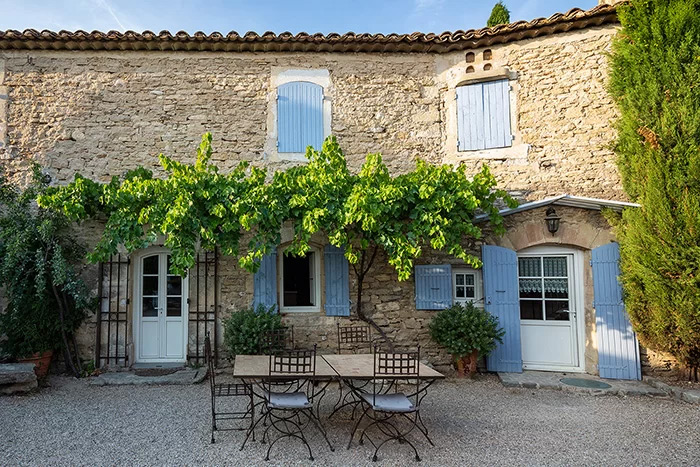Renovating a property in France.
Renovating a house can be an ambitious task and there are different reasons for wanting to do so: adding comfort to your existing home, for example, or the desire to update an old property you have purchased and turn it into your new home.
A large-scale project usually requires the services of qualified professionals, unless you have the luxury of time to be able to hone the desired skillset yourself and learn on the job, which may involve making many mistakes along the way. If you decide to engage professionals to carry out the works then it’s wise to have an idea of your budget in advance, particularly before you purchase an older property that could come with many hidden costs. Before getting started, therefore, it’s important to understand that the various elements to be renovated can be very closely linked. To avoid unpleasant surprises in the middle of the project, our team at Maison Bretagne would recommend you carry out a preliminary analysis of the existing condition of the property. To do this you could engage the services of a surveyor or ‘expert de batiment’, they will then be able to provide you with a report of their findings and potential problems the property may have.
**IMPORTANT – This is supplementary to the ‘Diagnostic technique’ report you get with the purchase of your house which is a legal obligation when buying property in France. This report will give you such semi-superficial information as an assessment of the presence of lead or asbestos in the property and an indication of whether the woodwork has problems with parasites such as death watch beetle or woodworm. This is all good information to know but it will not be detailed enough to enable you to identify any potentially dangerous structural deficiencies or any environmental risks such as flooding etc.





